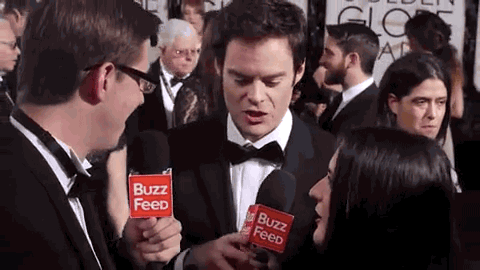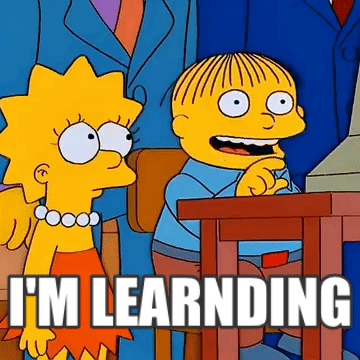I tried to teach leadership adaptability to expats in Singapore. They weren’t buying it.
“Hopefully it’s more than just serving and teaching.”
He’s not quite saying it like that but that’s how I’m hearing it. I’m doing my typical schtick about what drives me, what inspires me to do what I do. He isn’t buying it.
We’re in Singapore. He’s a senior leader from Sydney attending a class I’m teaching on adaptability. Let’s put aside the absurdity of my teaching adaptability to a bunch of expats living in Asia for a moment. That’s bad enough. But to wax on about what drives me, what inspires me to a room of this calibre of person is either blind arrogance or sad ignorance.
Knowing a small percentage of myself, I’m going with ignorance. It’s more familiar to me. Being stupid, saying stupid things, or being uninformed is a regular occurrence. I’m lucky that I mostly teach up-and-coming leaders. While smart and insightful, they generally give me a break due to my bald head and advanced years.
Today, we’re talking about adaptability. The class includes a few improv exercises which seem shallow for this bunch. So I pivot to a Socratic process of getting them talking, sharing, and answering questions which will hopefully give me a roadmap for the day.
It’s not working very well. To give them an example, I launch into a description of my life choices and philosophy. In recent years, I’ve developed an argument about service and found that helping others to develop brings me joy. As I say it here, this seasoned expat kindly but directly questions my logic.
“Hopefully it’s more than just serving and teaching,” he interrupts. “Life is more than what we do, right? It’s about keeping our mind flexible, expanding our ideas and perceptions of the world, exposing ourselves to the uncomfortable, challenging ourselves. Our gift shouldn’t be what we do. It should be in who we are.”

He says it so innocently then stops to give me a moment to respond. I do, with a string of filler words. I’m not listening to myself at this point. I internalize his comments and find myself a little embarrassed by the simple truth. Of course he’s right, I think to myself, as I try to move the class forward.
I grieved about this class for weeks before it happened. Something told me I’d learn more than I’d teach. Here I am finding it true in the first few minutes. We have a full day ahead and I’m a bit panicked for ideas.
“Let’s define the process for being adaptable,” I suggest in hopes they bite. If they don’t, I have nowhere to go. Luckily they do. My inner critic says they see my insecurity, my need for endorsement.
So we come up with a process. It’s built on the foundation of self-awareness. Answers to life’s three questions: Who am I? What do I do? And why does it matter? The answers come with the experience of life so we weren’t answering them today.
Here’s our outline for adaptability:
- Make a decision. What do you want to do to flex your adaptability muscle?
- Create a forcing factor. People in this room regularly move their families around the globe.
- Understand your learning process. How do you learn? Experiences? Study? Meeting people?
- Accept being out of your comfort zone. It’s essential to the process.
- Expect unintended consequences. Embrace them.
- Look for transformation and meaning from the experience.
- Repeat.
We go on to the improv elements of the class. I take a deep breath and as the day ends I realize I didn’t dodge a bullet this time. Usually I do. But not today. These amazing people leave somewhat satisfied with the class but it goes unspoken. This time I was the student. They taught me. And they knew it. Their gift to me.
So here’s where I’ve landed. Like so many lessons in life, change usually begins with a simple trigger. A comment, a quick exchange, a momentary visual, or a story. In this case, it was the lives these people lead. They are change agents by nature.
Being adaptive is their life’s work. They make me rethink my life logics, create a new narrative for those logics, and then, most importantly, change my behavior to reflect those logics. How about that for a man in his late 50s?
I’m not sure where this will all lead. But I can be sure that like our process for adaptability, it will lead to unintended consequences, transformation, and meaning. I’m not betting on satisfaction at this point but am open to the possibility. Schooled yet again.
